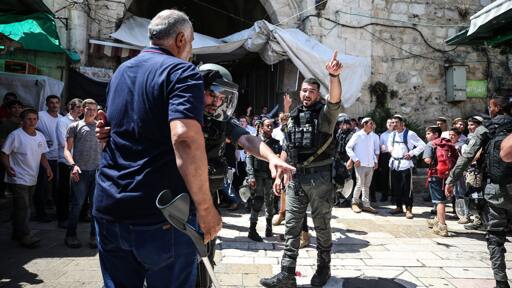“I was treated as though I was some major criminal — and all for an organised protest for which we actually had a permit,” he said. “There has always been a sense of different treatment of Palestinians and Israelis. But [since the start of the war] the environment is much more electrified.”
Shafamer’s view is widely shared among Israel’s 2mn-strong Arab minority, who make up a fifth of the country’s population, and are descendants of the Palestinians who remained inside the borders of the newly established Israeli state after the war of 1948. A further 5mn Palestinians live in the occupied West Bank and Gaza.



🔫Always have been
After the Nakba they definitely were under Israel Martial Law and Defence (Emergency) Regulations, which we’re then practiced in the occupied territories instead after 1967. Even then, Arab Israelis continued to be second class citizens for many reasons including Education (2001 report)
Here is an archived version of the article of this post
The article goes into a few more examples of how they are second class citizens, especially when it comes to censorship and a lack of civil rights